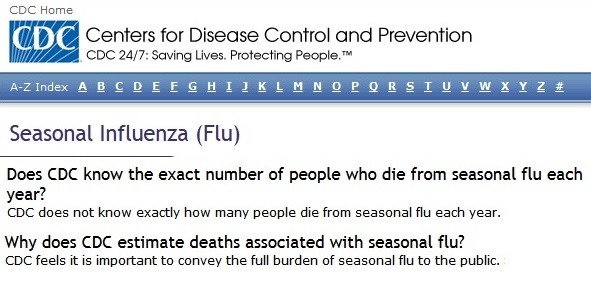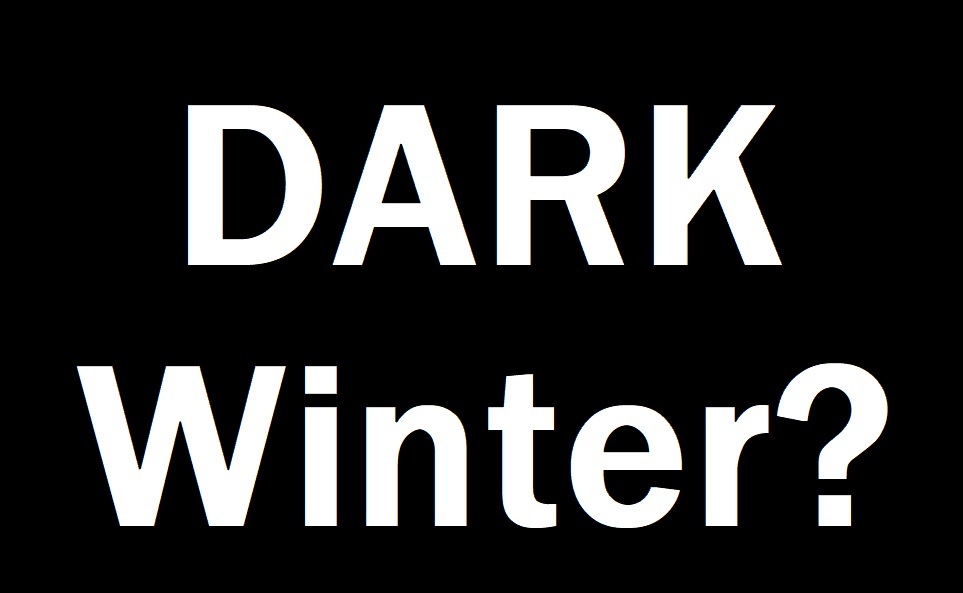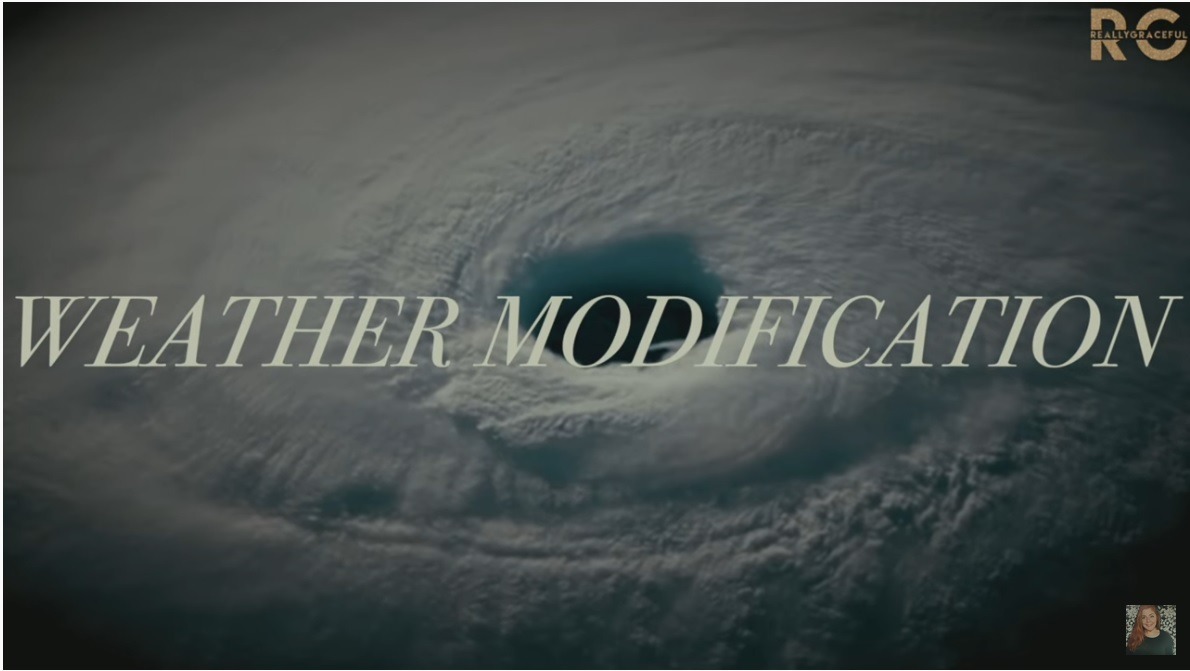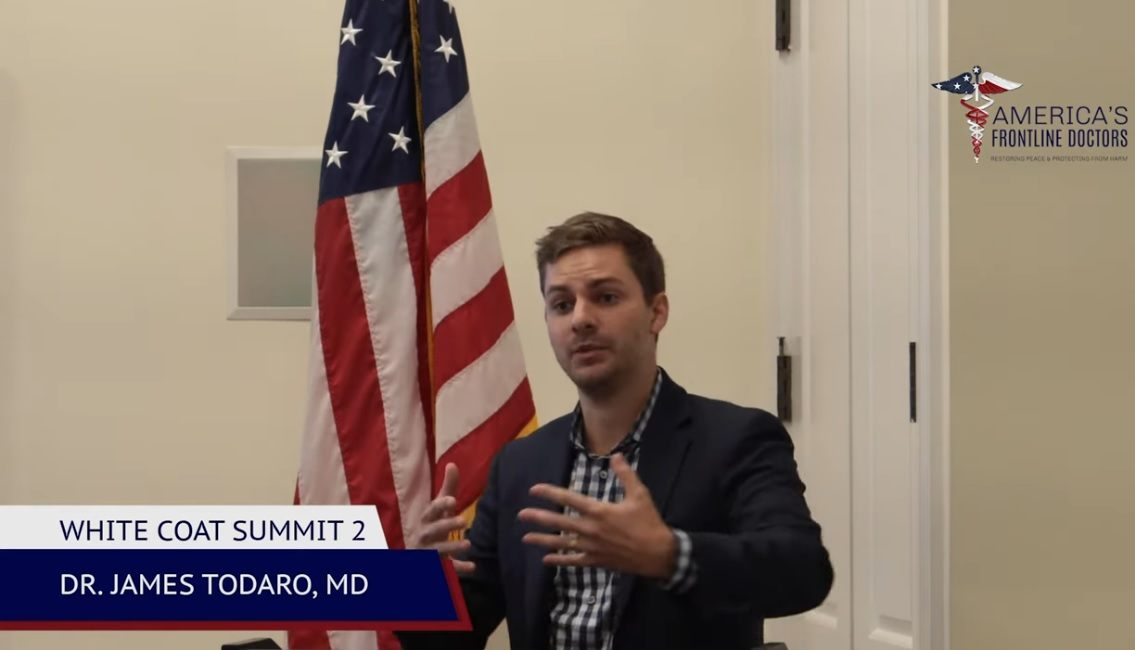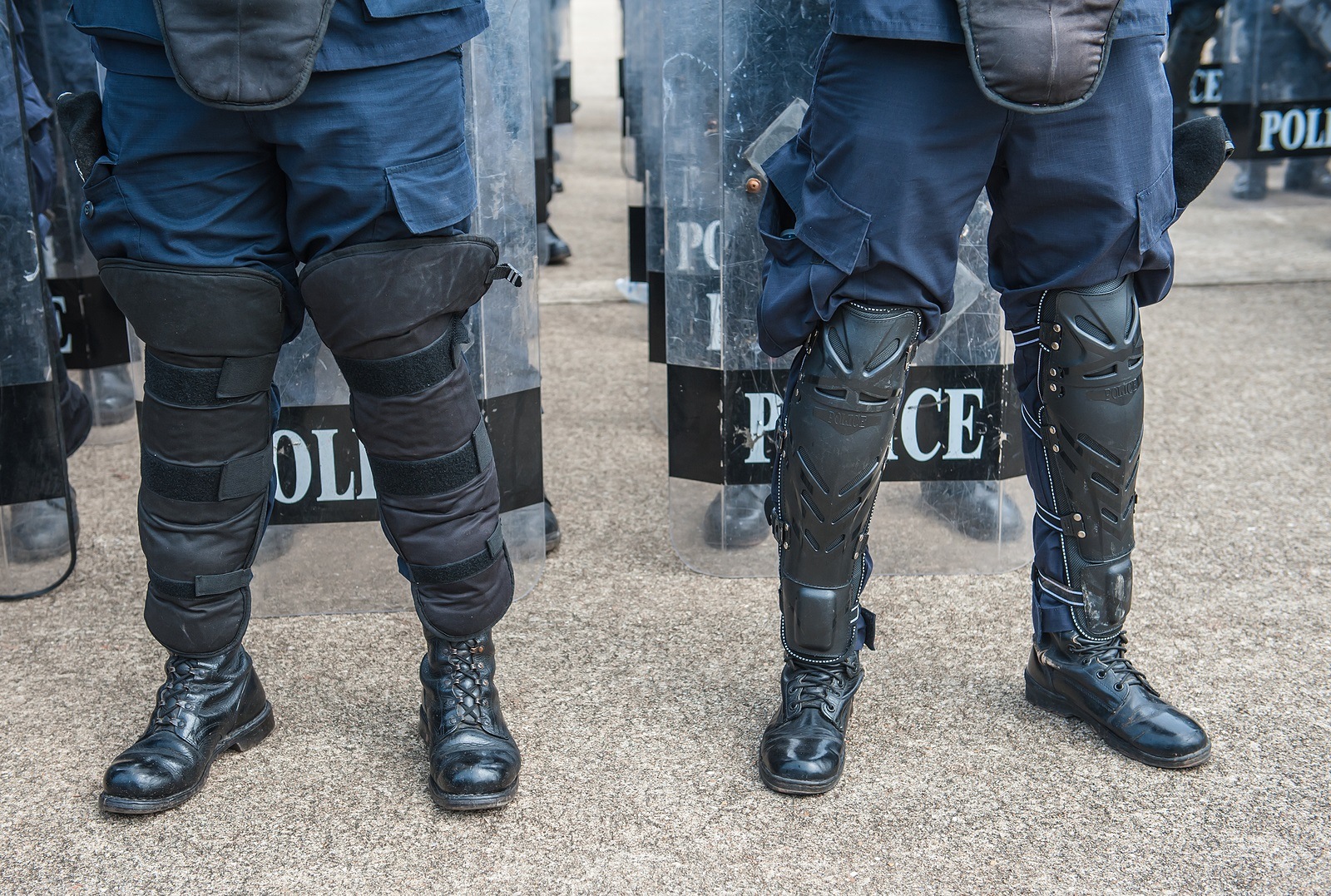In Unprecedented Move CDC Stops Tracking Influenza for 2020-21 Flu Season
I have been covering the fraud that happens every year with how the CDC tracks incidents and deaths due to the annual influenza for almost a decade now. The numbers used each year to scare the public into getting the flu vaccine are based not on actual data, but estimates of number of people who die from the flu according to the CDC. Basically, anyone dying from "influenza-like" symptoms are all lumped together into supposed flu deaths each year. Autopsies are seldom performed to prove cause of death. The CDC has admitted publicly in the past that these numbers are just "estimates." If the real number of those infected with the influenza virus, and resulting deaths, were vastly lower than what the CDC reports based on their "estimates," the public would have no way of knowing it. So this has presented quite a dilemma for the CDC for the first couple of weeks of the 2020-21 flu season, which have just passed. Because "flu-like" symptoms could also be attributed to COVID-19, and they have the now widely known ineffective COVID PCR test to back up these claims, which also kicks in federal funding for hospitals to treat COVID patients. As one might expect, with the media widely reporting that cases of COVID are now increasing just as flu season starts, reports of flu cases have dropped dramatically during the same time period last year. Across the globe, it has been reported that incidents of influenza have dropped by about 100%. Whoops! How did the CDC allow these numbers to be published? In an apparent response to media reports about the fast declining flu cases here at the beginning of the 2020-21 flu season, the CDC did what any corrupt agency would do which doesn't want the public to know the truth: They decided to "suspend data collection for the 2020-21 influenza season." To my knowledge, this is unprecedented, and has never happened before.




